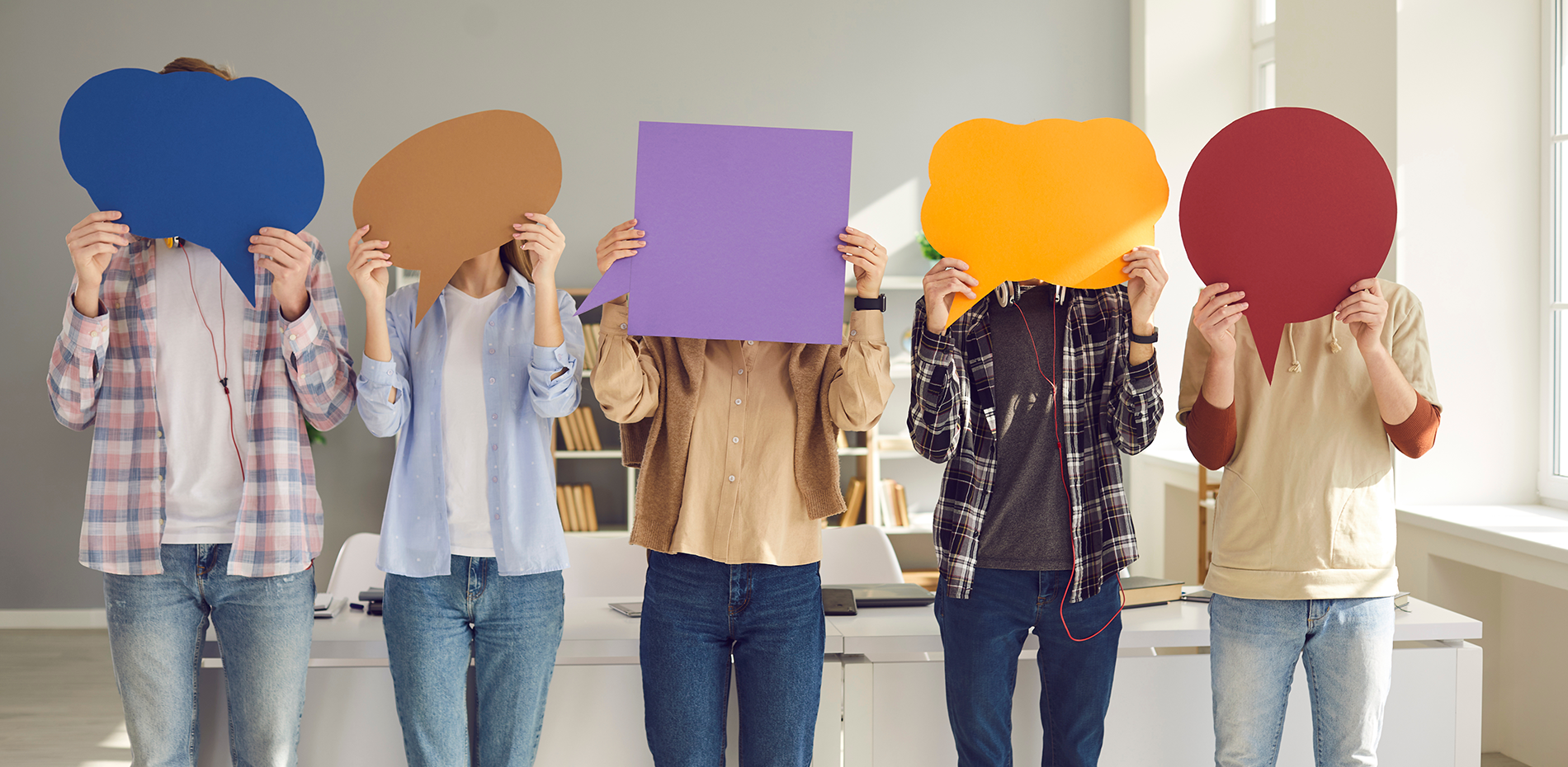Raise Our Voice is an organisation dedicated to amplifying diverse young female, trans, non-binary voices to actively lead conversations in our politics, both domestic and foreign. We've been given speeches from young people all over Australia, and I'll be reading some from WA today.
This one is particularly moving: 'My name is Alyssa. I'm from the Moore electorate in WA, and, like many other young Australians, I suffer from mental illness. In my 17 years, I've been in some of the toughest of situations, finding myself fighting to want to survive, hundreds of times hearing the saying, "If you feel unsafe, go to emergency." But what can emergency truly do? Sitting in the hospital waiting room for six hours, pleading for them to save me from myself. Even with the overwhelming amounts of privilege and top health insurance money can buy, not that it should even matter, we were turned away. With a lack of beds, staff and supplies, their hands were tied. Had my parents been unable to take time off work to be with me for the week before I was admitted, I wouldn't have made it there. The scariest part is that this was a notably short amount of time. Alternatively, people are waitlisted for months, begging for anyone who could help them survive their crisis. The Parliament of Australia has supposedly highlighted mental health and suicide prevention as one of its highest priorities. But, if it truly is that important to them, there has to be more they can do. By encouraging the studies of psychology and psychiatry, implementing non-negotiable mental health support systems in schools and introducing youth funding towards those who miss work when in crisis, the government have the potential to change the game for youth mental health in Australia. Suicide is the leading cause of death in Australia for those aged 15 to 24. Make it known.'
Thank you, Alyssa. I'll now read Sascha's words: 'My name is Sascha Finlay-Collins, and I'm a 16-year-old who lives in Tangney. I'm asking our new parliament to foster a real national pride in what it means to be Australia. Changing the attitude of a country begins with its leaders, so I believe parliament needs to take more steps to show the world who we are as Australians. We're home to the world's oldest living culture, and our incredible Indigenous heritage is something that parliament could better showcase, using more Indigenous art and cultural practices on the world stage. Australia's also the country it is because of our unique biodiversity. However, we are losing this biodiversity, from our native butterflies and bees to the whales that swim the seas surrounding our nation. We need to work together to preserve our native flora and fauna. Appreciating our heritage and protecting our environment are some small first steps our politicians can take to uphold our Australian values of mateship, a fair go and respect. When our politicians reflect these values, they inspire their people. I'm asking parliament to preserve the identity of Australia, to create a better future for all.'
Finally: 'Hi there. My name is Darcy, and I am 16 years old. I live in WA, in the electorate of Moore. Today I'm speaking to you about a topic close to my heart and probably close to many of yours as well: cancer. This year I lost my good friend Megan Reid. Meg was diagnosed with Hodgkin's Lymphoma in 2019 at the aged 16. Over the years, she had countless rounds of chemo and radiation, even beating cancer three times. But, despite these efforts, she sadly passed away on 14 July. I'm not asking for sympathy, no. I'm asking for funding. Did you know that only four per cent of federal cancer funding goes towards childhood cancer research? That's right. Considering, worldwide, more than 400,000 children and adolescents are diagnosed with cancer every year, this just doesn't make much sense. Childhood cancer is brutal and poses more challenges than adult cancers. Cancers in children often have no known cause and are different in how they spread and grow, making it hard to tell how they will respond to treatment. We lose countless children every year. Who knows? Maybe we've already lost our future Prime Minister or our next Nobel Prize winner. After losing Megan this year, I've come to realise that, without her here to push for federal funding from parliament, someone must take her place. What a perfect way to honour her memory.'

